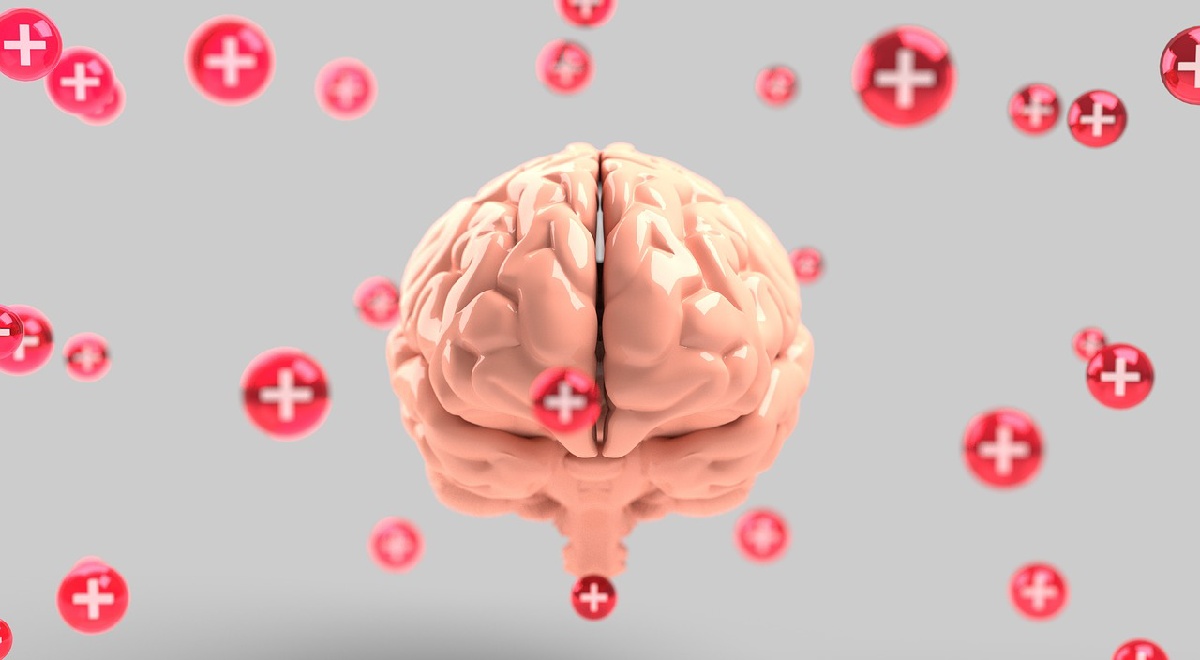
A link between constipation and Cognitive decline has been established
The link between constipation and cognitive decline was uncovered in recent research and this will help to understand the cognitive issues more easily. Any disease that hampers our cognitive function is life-changing. These diseases are generally lifelong and require great care for the patient. New findings from the Alzheimer’s Association International Conference have brought attention to a potential link between constipation and declining cognitive function. Research presented at the conference reveals that experiencing less frequent bowel movements is associated with cognitive decline. The implications of this connection are significant, as it could provide valuable insights into the development of treatments and prevention strategies for cognitive decline and related conditions. These findings have tried to shed light on the niche area of cognitive diseases.
Further, the studies presented highlight the role of specific gut bacteria in dementia risk. Some gut bacteria have been identified as potentially increasing the risk of dementia, while others show potential neuroprotective effects. This has been a new revelation. Previous research has already established the gut microbiome’s impact on various crucial bodily functions, but this research has added further importance to understanding the gut’s association with neurological conditions.
Constipation is normally observed as a common complication in neurological diseases
Constipation is considered a common complication in diseases like Parkinson’s, and it has also been linked to the accelerated progression of Alzheimer’s disease. Therefore, gaining a deeper understanding of how constipation affects the neurological system, as well as the brain and cognition, could offer valuable knowledge for tackling cognitive decline and related ailments.
Taking steps to address constipation may prove beneficial in supporting overall neurological health. Simple lifestyle changes such as increasing fiber intake through fruits, vegetables, and whole grains, staying hydrated, regular exercise, and managing stress can be practical approaches to promote regular bowel movements. Exercising regularly is an easy way to keep the whole body including the mind active and healthy. As research in this area progresses, healthcare professionals can provide great levels of advice and other information to improve and maintain the neurological well-being of humans.
